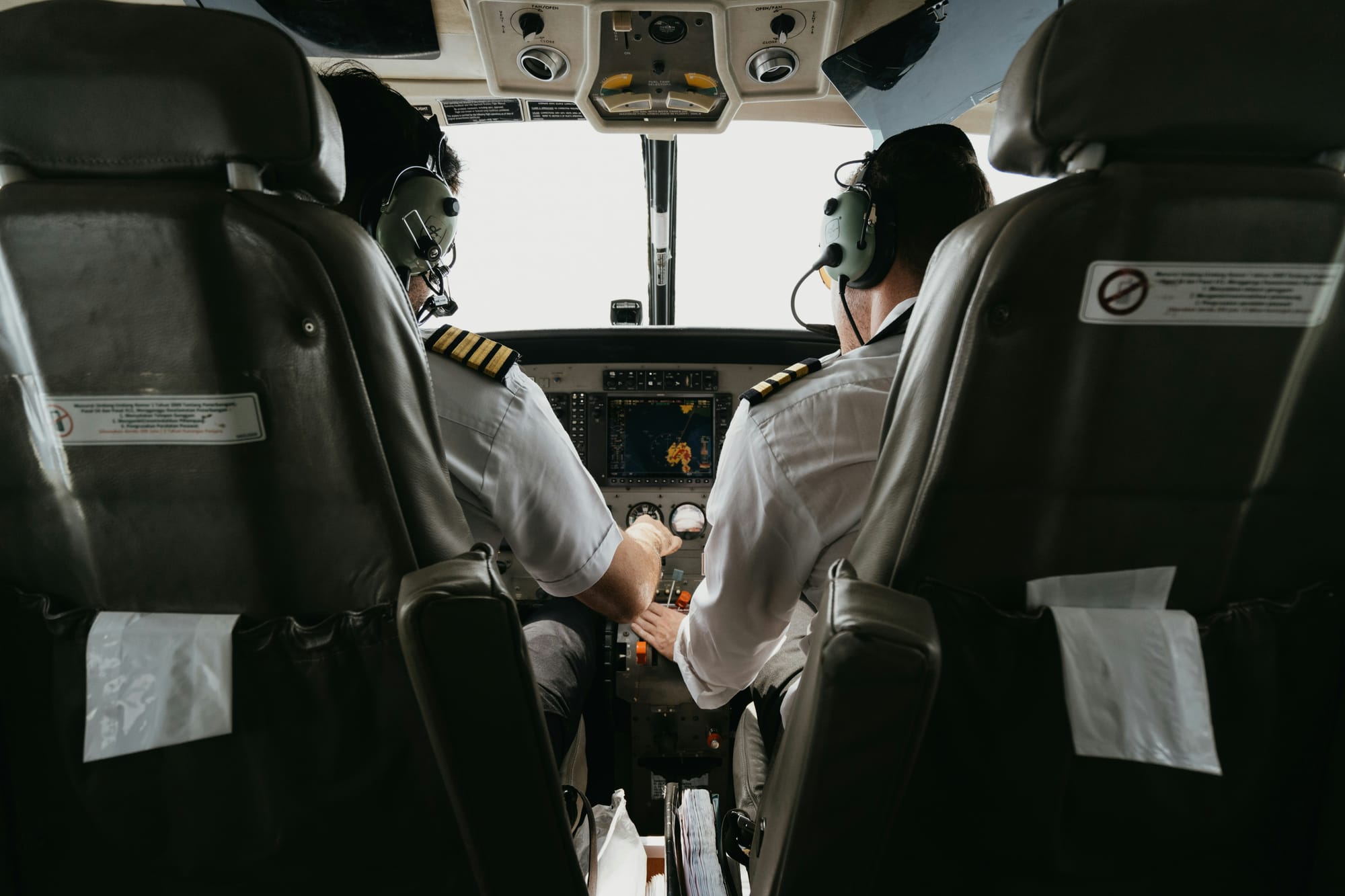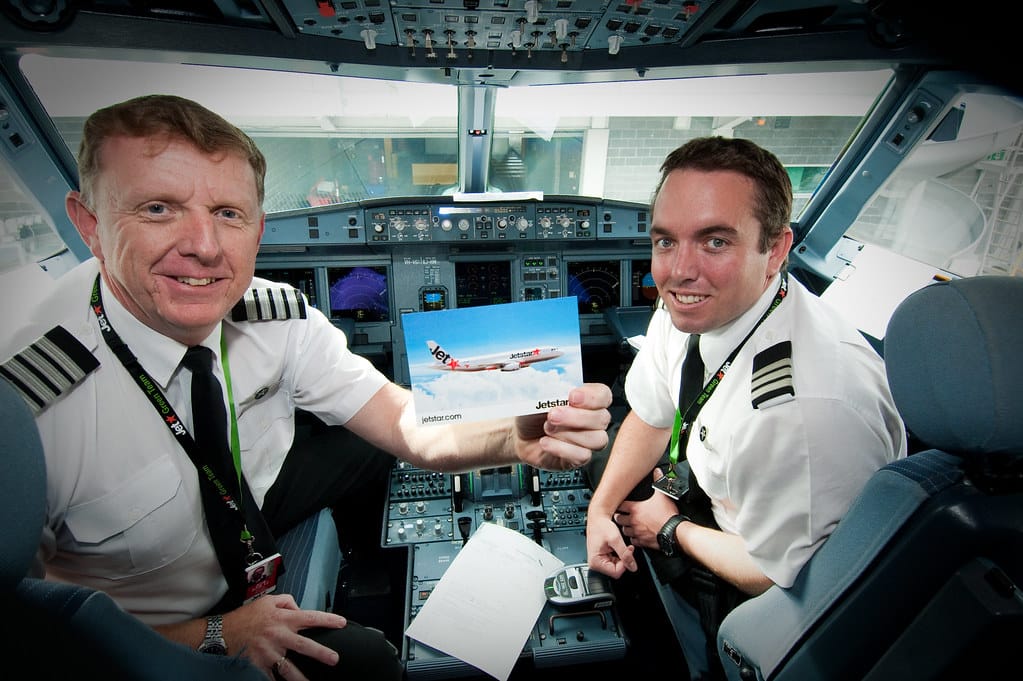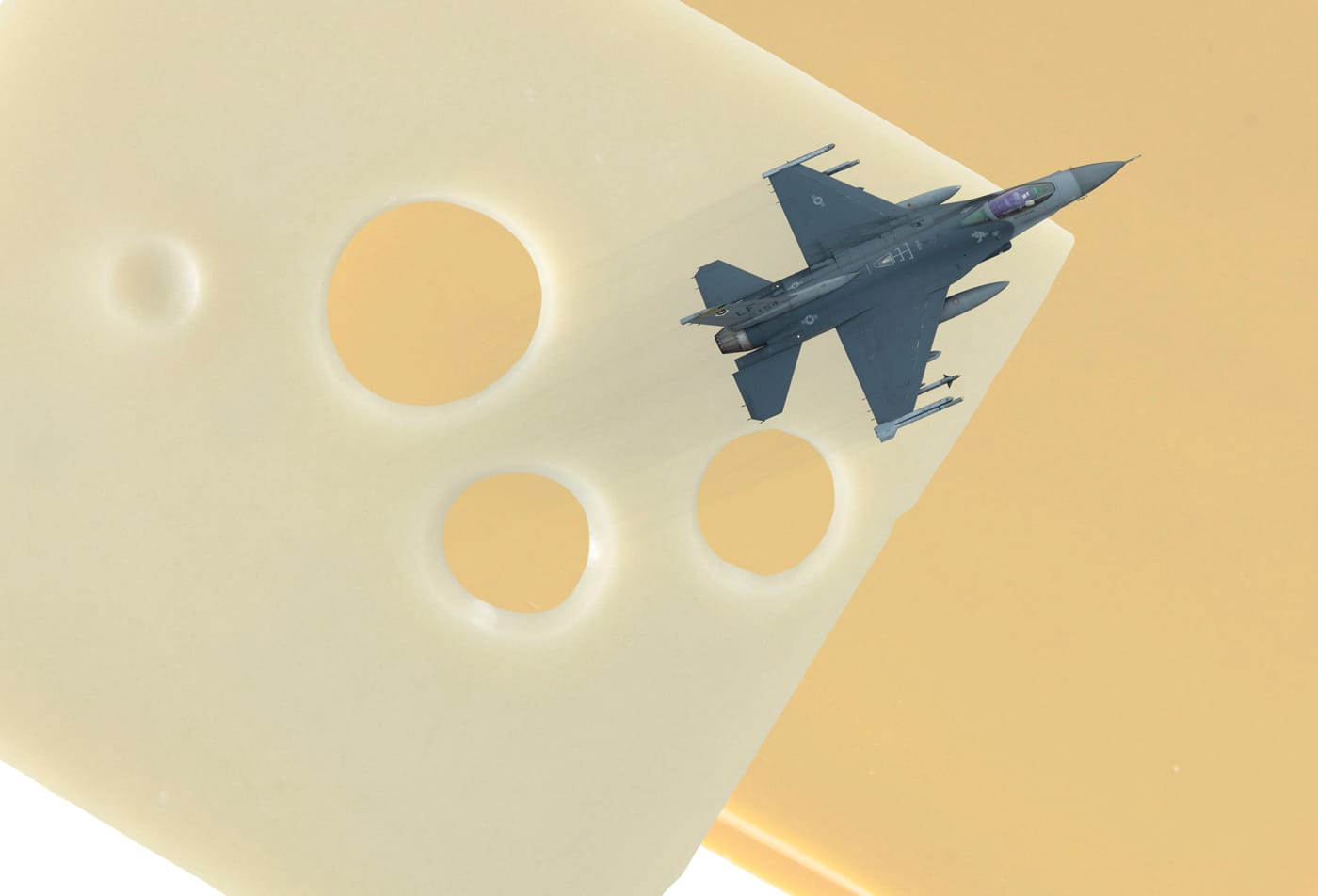Boeing 737 MAX Jets Has Loose Bolts Says FAA
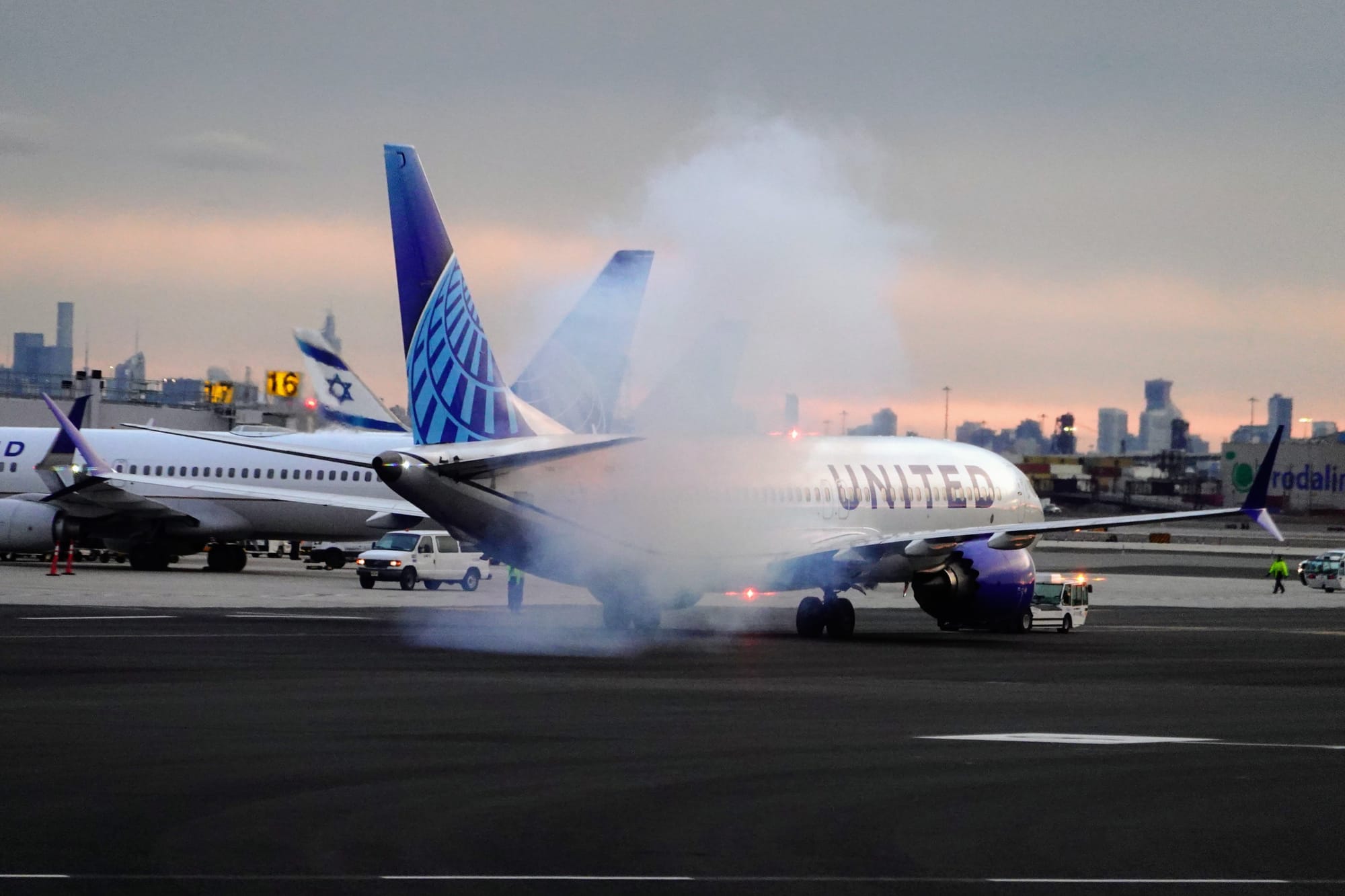
According to Boeing the 737 MAX jets may have loose bolts in exactly the place you don't want them. The airplane maker is urging all operators of the 737 MAX to inspect the rudder for possible loose bolts in the Rudder Actuator. This comes after an international operator found one of their new aircraft without a bolt securing the rudder actuator. And in separate but related incidents Boeing found bolts not properly secured with the same actuator system.
To say the 737 MAX has had a rocky start to production is an understatement. Boeing's hellbent push to extend the life of this airframe has completely blown up in its face. First is was the Maneuvering Characteristics Augmentation System (MCAS) that caused two fatal crashes overseas. Then it was certification issues of the largest variant 737-10 which just recently got approval to start flight tests and certification. On top of that deliveries to China have been halted for nearly two years, a market that has significant orders in the jet. Now we have some loose bolts on a critical flight system.
The rudder is an essential flight surface of the aircraft, it keeps the airplane in coordinated flight and stabilized in the air. If any control is lost in the rudder it makes the airplane incredibly difficult to stay in the air. We only need to look at recent examples like American Airlines flight 587 which lost its rudder while taking off from JFK and subsequently crashed. Or Northwest Airlines Flight 85 which experienced a hard over in the rudder and make the aircraft near impossible to fly, thankfully they were able to land in Anchorage without injuries.
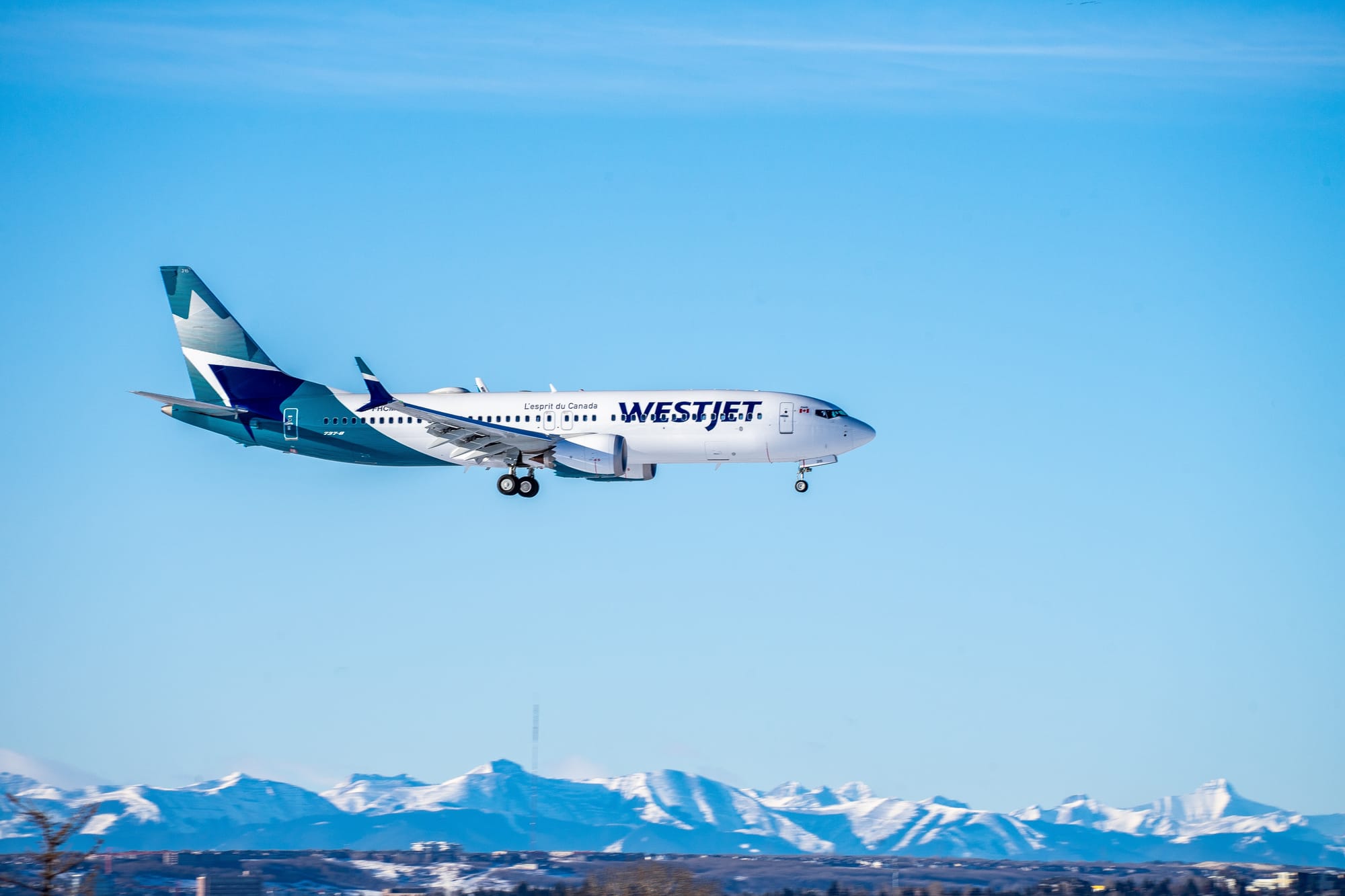
The FAA says that they are "closely monitoring targeted inspections," but will not be issuing any Airworthiness Directives or advisories until more inspections are complete to evaluate if more 737 MAX jets have loose bolts.
The FAA will remain in contact with Boeing and the airlines while the inspections are underway.
While the 737 was a great platform for its time, personally I think due to pressure from management to cut corners and making risky design changes they are putting the safety of passengers at risk. In the modern day of high bypass engines and the need for larger single aisle jets the 737 is not the platform. May I suggest another very popular platform, the 757, to re-engine. That airplane is perfect, it sits high enough off the ground to put some large high bypass engines under the wings and it's a single aisle narrowbody that is widely popular.


